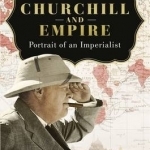
Churchill and Empire
Book
A genuinely new biography of Churchill, focusing on his contradictory and lifelong relationship with...
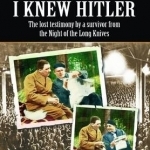
I Knew Hitler: The Lost Testimony by a Survivor from the Night of the Long Knives
Bob Carruthers and Kurt G. W. Ludecke
Book
First published in 1938 "I Knew Hitler" is the missing link in the literary trail which traces the...
The Ghosts of the Avant-Garde: Exorcising Experimental Theater and Performance
Book
The Ghosts of the Avant-Garde(s) offers a strikingly new perspective on key controversies and...
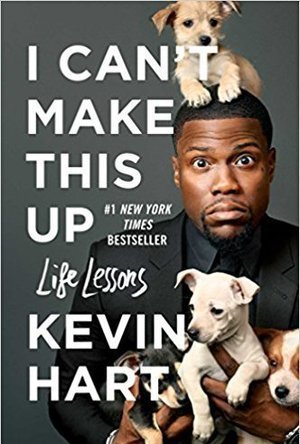
I Can't Make This Up: Life Lessons
Book
Superstar comedian and Hollywood box office star Kevin Hart turns his immense talent to the written...
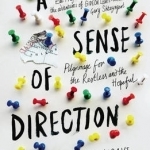
A Sense of Direction: Pilgrimage for the Restless and the Hopeful
Gideon Lewis-Kraus and Jon Gray
Book
A young secular writer's journey along ancient religious pilgrimage routes in Spain, Japan and...
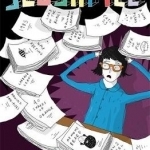
Something Nasty in the Slushpile
Book
Most publishers keep a "slushpile" - the stack of unsolicited manuscripts which contains a large...
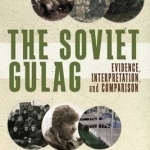
The Soviet Gulag: Evidence, Interpretation and Comparison
Book
Before the collapse of the Soviet Union and the subsequent archival revolution, Aleksandr...
Her Voice Will be on the Side of Right: Gender and Power in Women's Antebellum Antislavery Fiction
Book
Decades before the Civil War, the free American public was gripped by increasingly acrimonious...

Shakespeare’s Sonnets
Entertainment and Education
App
A masterly app...As accessible as it is scholarly, it’s an extraordinary achievement, that brings...

St. Josemaria for iPad
Reference and Lifestyle
App
This application helps you to do your daily “Plan of Life” or “The Norms of Piety”. ...
